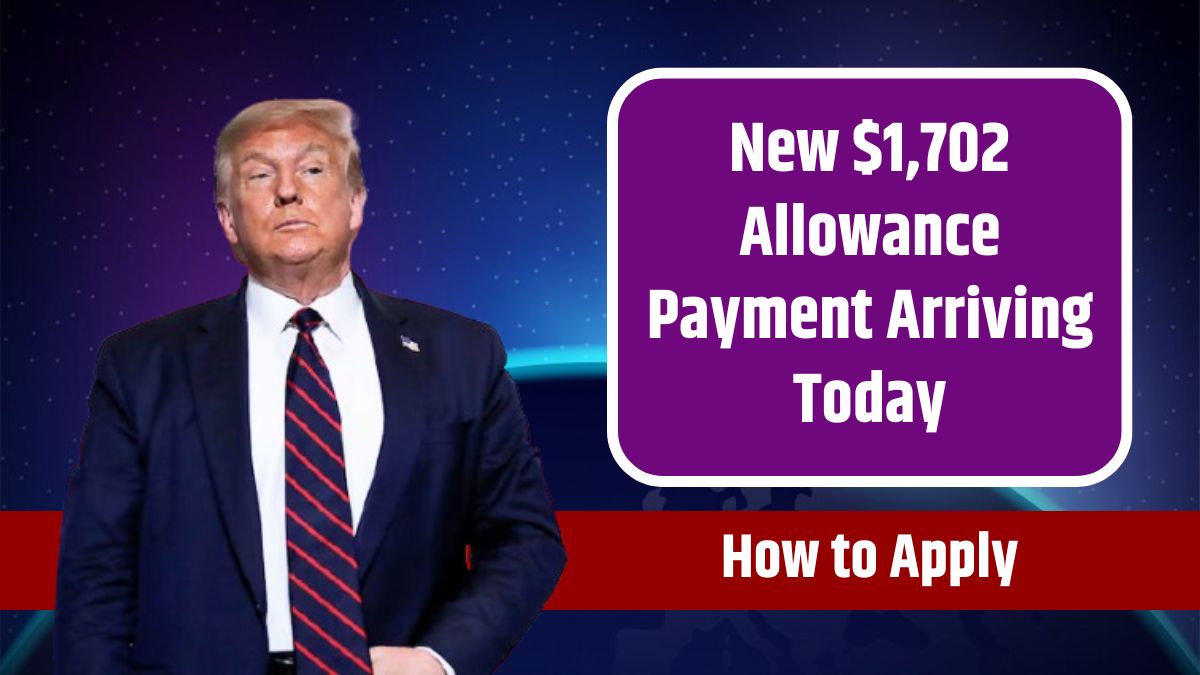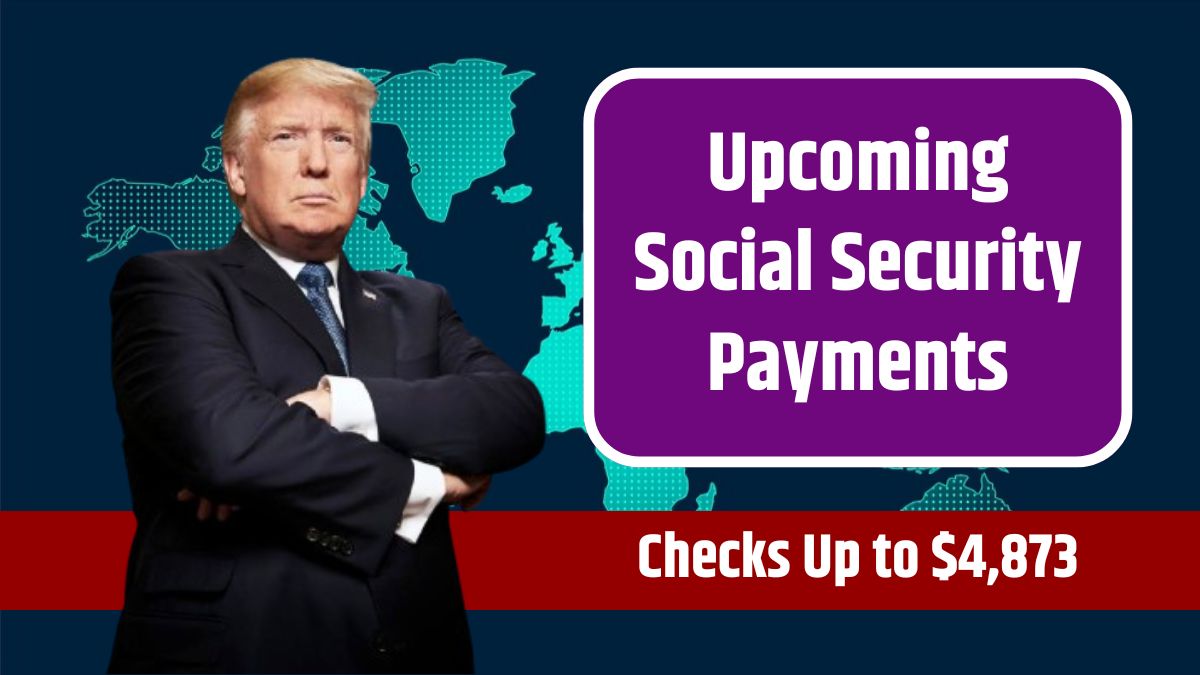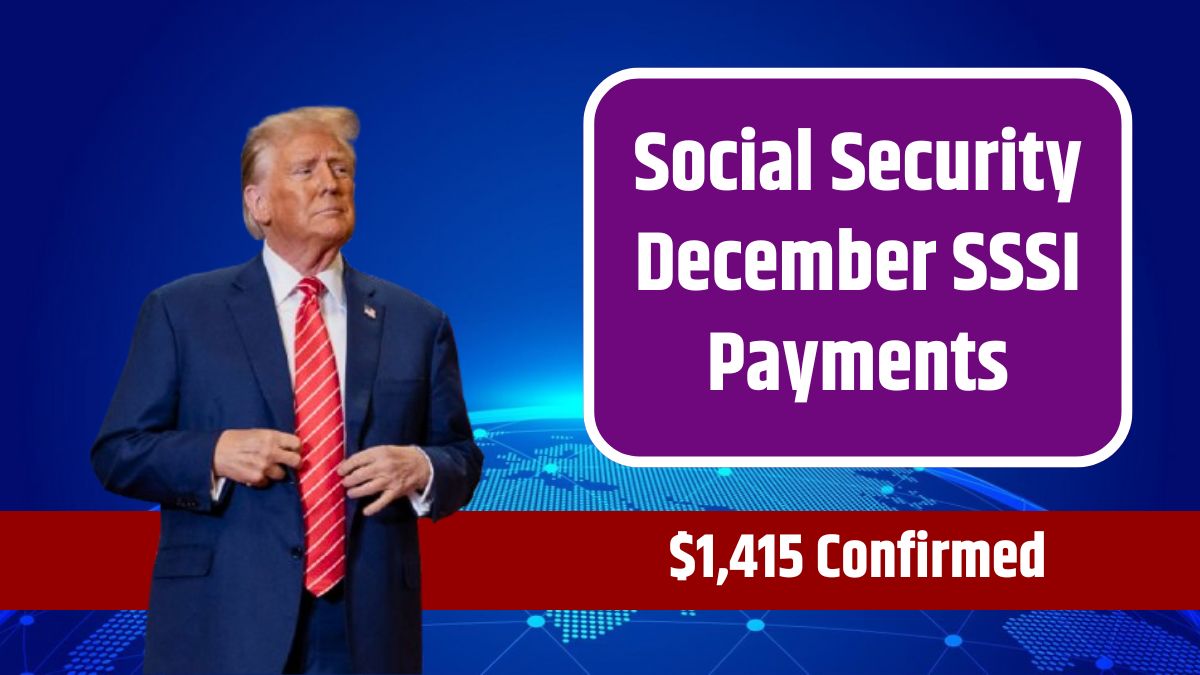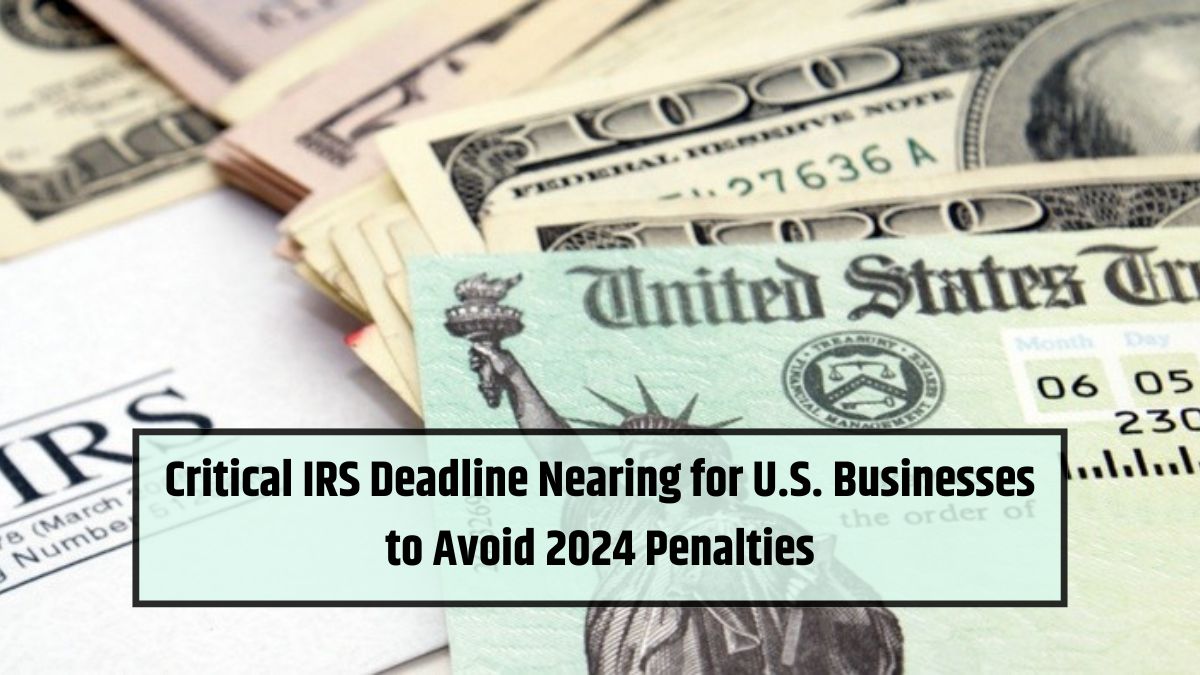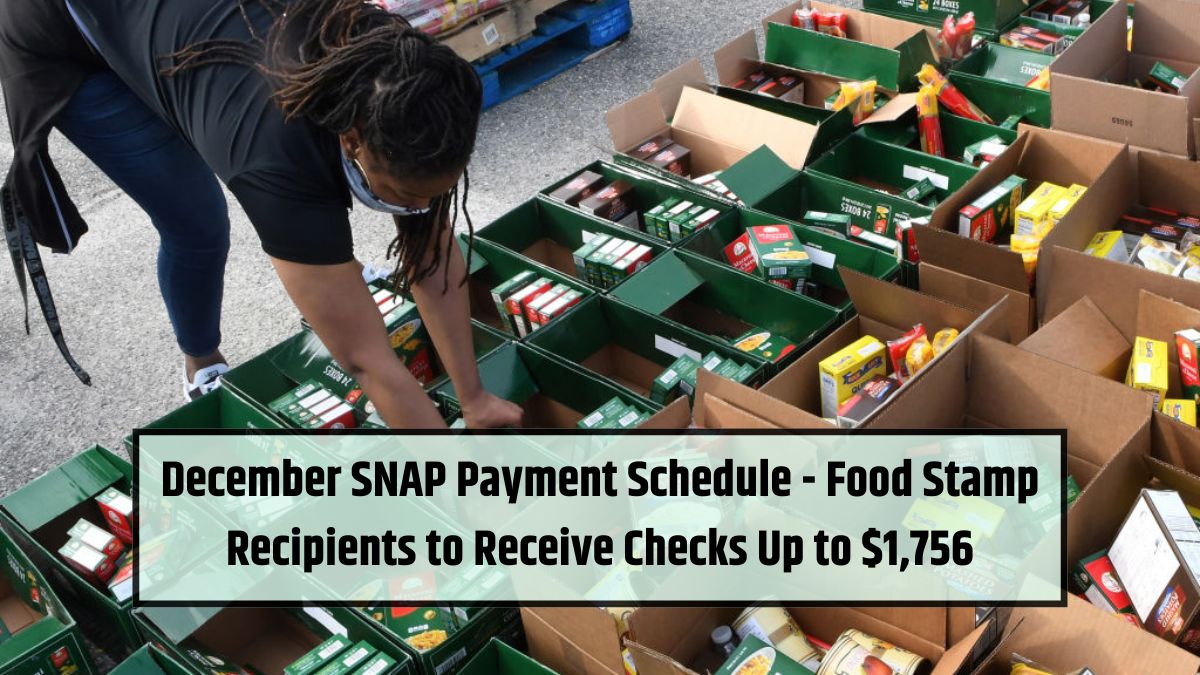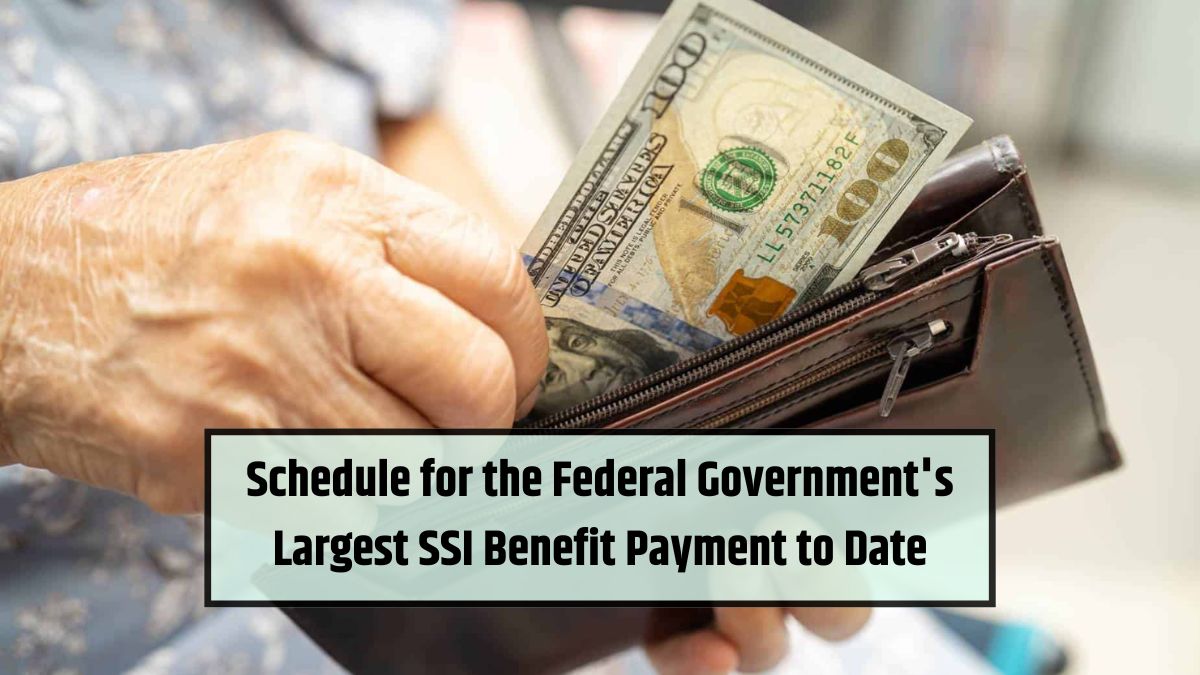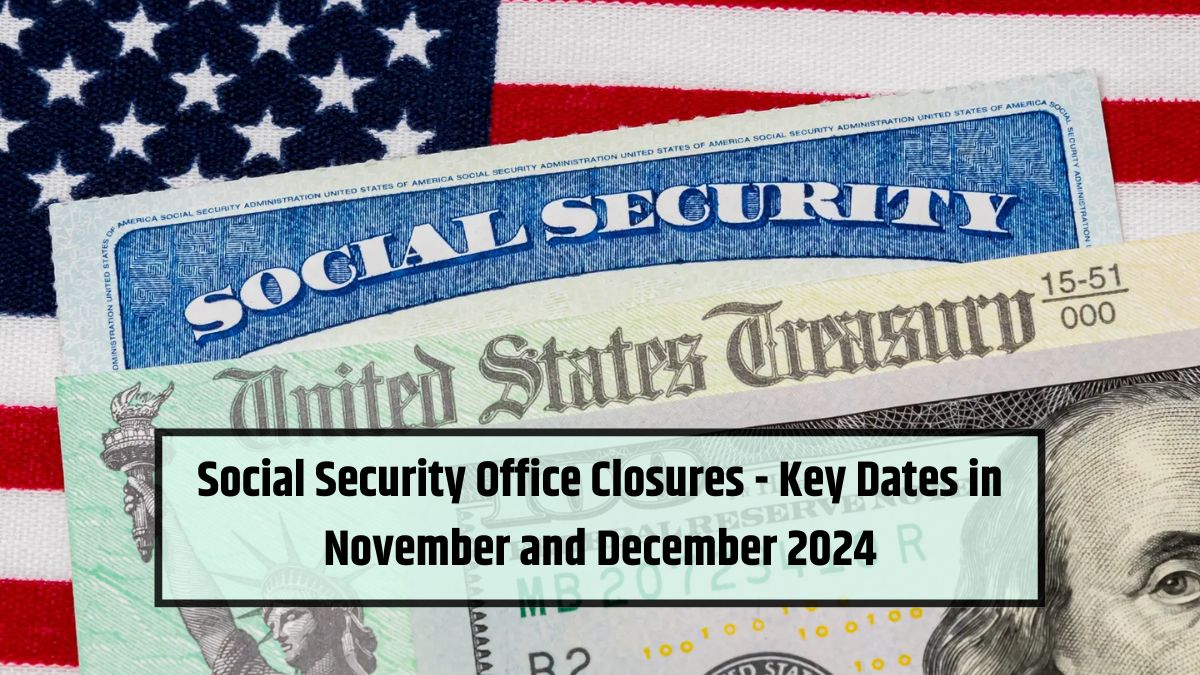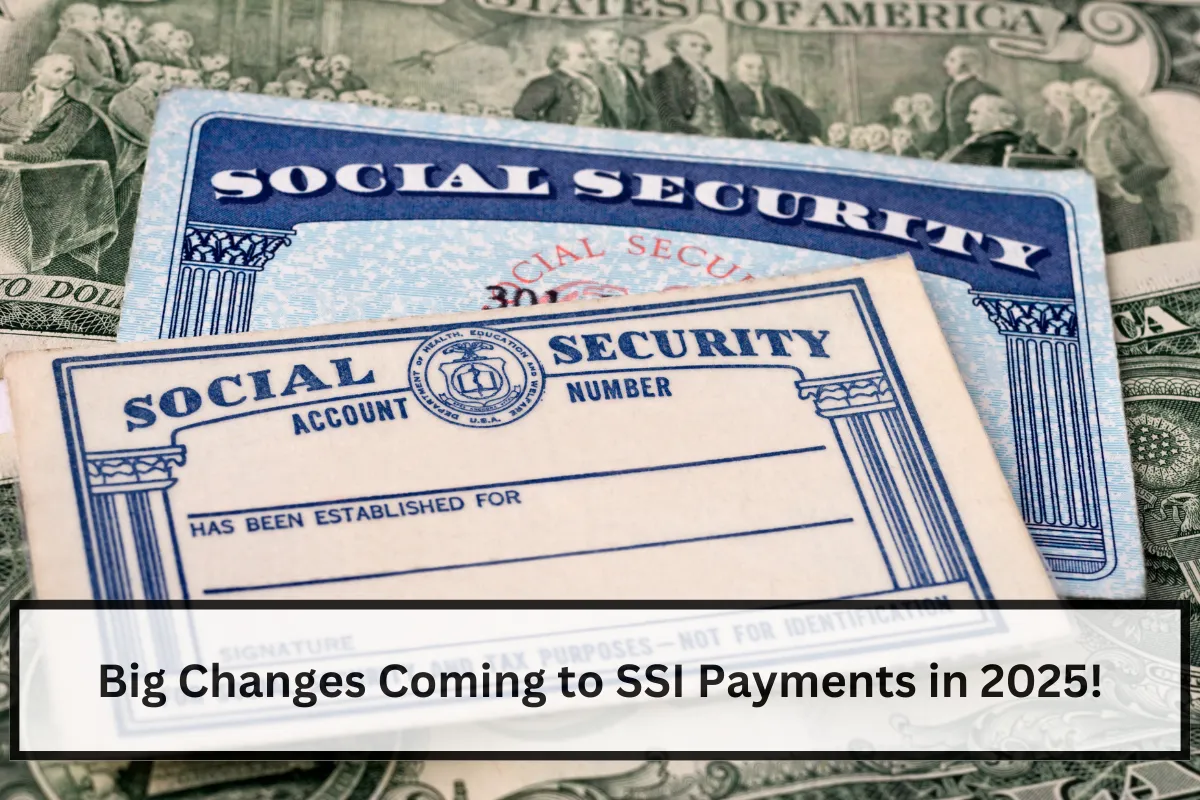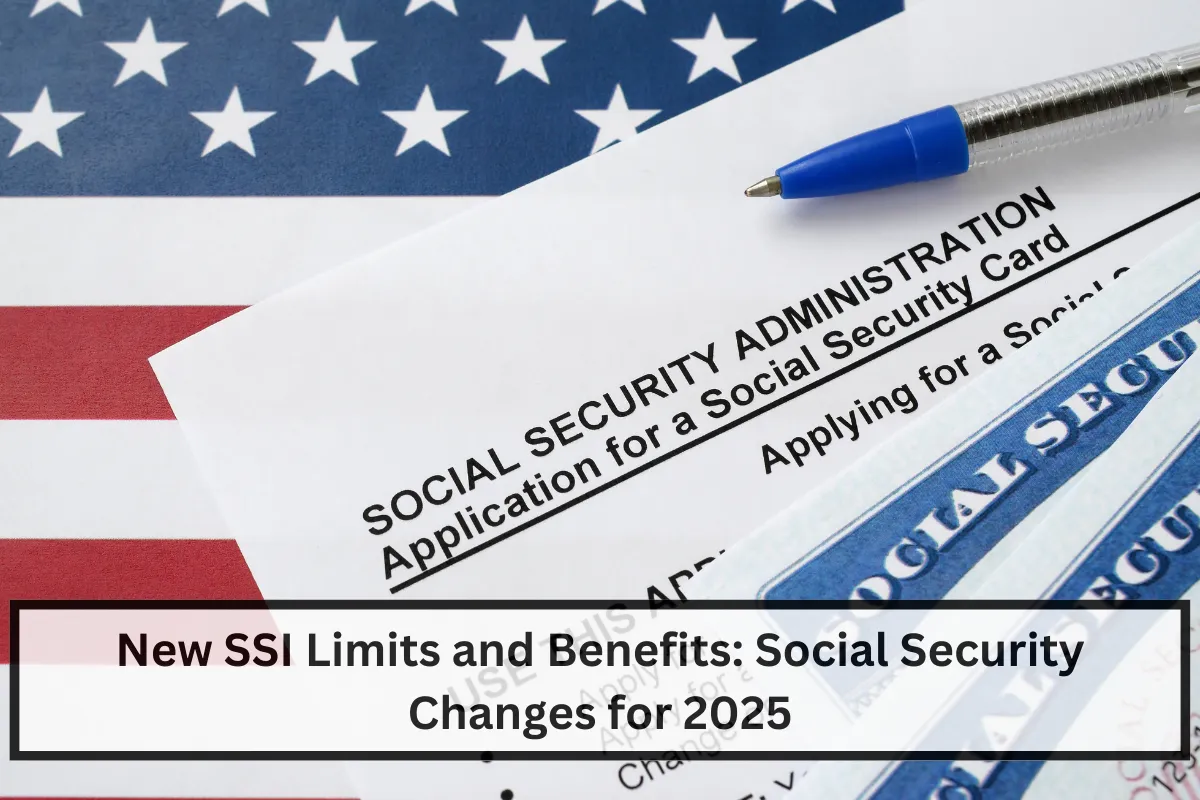A lot of people face challenges paying down credit card debt, especially when interest rates make it hard to reduce the principal balance. High credit card debt can make it difficult to cover daily expenses, let alone reach future financial goals.
One potential solution for managing this debt is credit card debt forgiveness or debt settlement, where you negotiate with creditors to reduce the amount you owe.
Here, we’ll explore how debt forgiveness works, its pros and cons, and whether it’s a realistic option for those with $10,000 or more in debt.
What Is Credit Card Debt Forgiveness?
Credit card debt forgiveness, also known as debt settlement, is a way to lower your debt by negotiating with your creditors.
In this process, you can try to reach an agreement where the creditor accepts a reduced payment, sometimes as much as 30-50% less than what you owe.
For example, if you have $10,000 in debt, you might be able to settle for $5,000 to $7,000 depending on various factors. Some people choose to negotiate on their own, while others work with debt relief companies for assistance.
Key Factors Influencing Debt Settlement
Not every debt can be reduced or forgiven, and outcomes depend on several important factors:
- Negotiation Skills: Good negotiation can improve the chances of a reduced payment amount.
- Credit Card Company Policies: Each company has different rules about debt settlement.
- Your Financial Situation: Demonstrating financial hardship can make creditors more open to settling.
- Type and Age of Debt: Older debts often have a better chance of being forgiven than newer ones.
Understanding these factors is essential before deciding if debt forgiveness is the best approach for you.
Is Debt Forgiveness Right for You?
Debt forgiveness can offer a big financial break, but it’s not the perfect choice for everyone. Before you decide, think about these pros and cons:
Pros:
- Debt Reduction: It can significantly lower the amount you owe.
- Financial Relief: Reducing your debt burden may help relieve stress and improve financial stability.
Cons:
- Credit Impact: Debt forgiveness can affect your credit score negatively.
- Fees: Debt relief companies may charge fees for their services.
- Not Guaranteed: There’s no guarantee that every creditor will agree to settle.
It’s crucial to ensure that debt forgiveness aligns with your long-term financial goals before pursuing it.
Steps for Attempting Debt Forgiveness
- Gather Financial Documents: Make sure you have records of your debt and financial hardships.
- Negotiate Directly with Creditors: If comfortable, you can try negotiating directly with your credit card companies.
- Consider a Debt Relief Company: If negotiating feels overwhelming, consider hiring a professional. They often know how to handle discussions with creditors and can increase the chances of a successful settlement.
Important Considerations: Creditor Cooperation and Debt Age
Credit card companies may be more open to settling older debts that have been unpaid for some time. For newer debts, creditors often prefer that you pay the full amount.
Your financial hardship can also impact your case; if you can show you are struggling, creditors may be more willing to negotiate.
Credit card debt forgiveness can be a helpful option for reducing large debt amounts, potentially cutting it down by 30-50% or more. However, it’s essential to weigh the pros and cons carefully.
The success of debt forgiveness depends on factors like negotiation skills, creditor policies, and your financial situation.
While it can relieve financial stress for those with heavy debt loads, not everyone may qualify or find this approach the best solution for their needs. Consulting with a debt relief company could be beneficial if you need guidance through the process.
1. What is credit card debt forgiveness?
Debt forgiveness allows you to negotiate with creditors to reduce the amount you owe, making it easier to pay off large debts.
2. How much debt can be forgiven with debt settlement?
Generally, you might settle for 30-50% less than the original amount, though outcomes vary based on negotiation and financial hardship.
3. Does debt forgiveness affect my credit score?
Yes, debt forgiveness can negatively impact your credit score, so it’s essential to consider this before proceeding.
4. Can I negotiate my debt on my own?
Yes, you can negotiate directly with creditors, but many people find hiring a debt relief company helpful for handling negotiations.
5. What if my creditor won’t negotiate?
Not all creditors are willing to settle. Policies vary, and some companies may push for full repayment, especially on newer debts.


